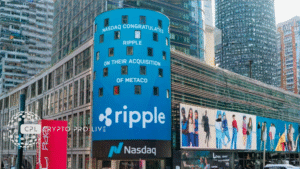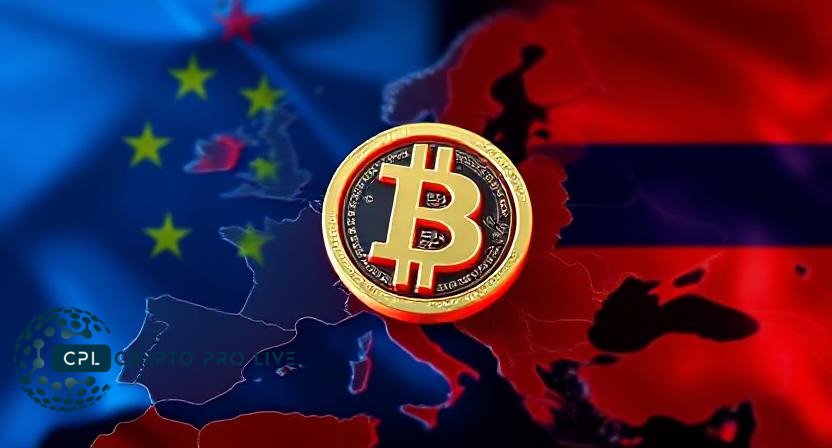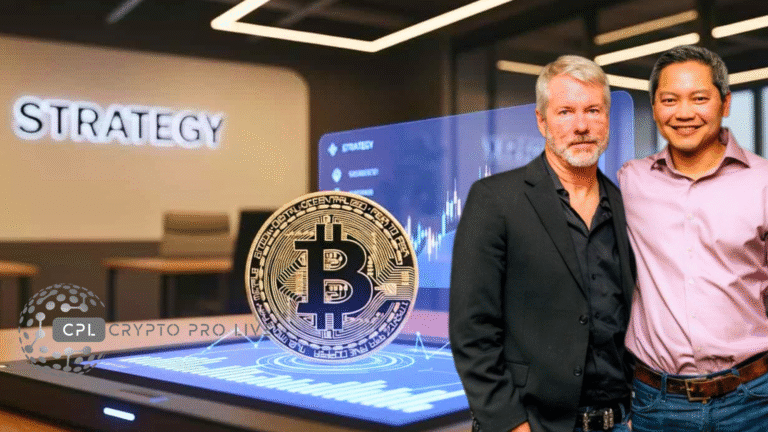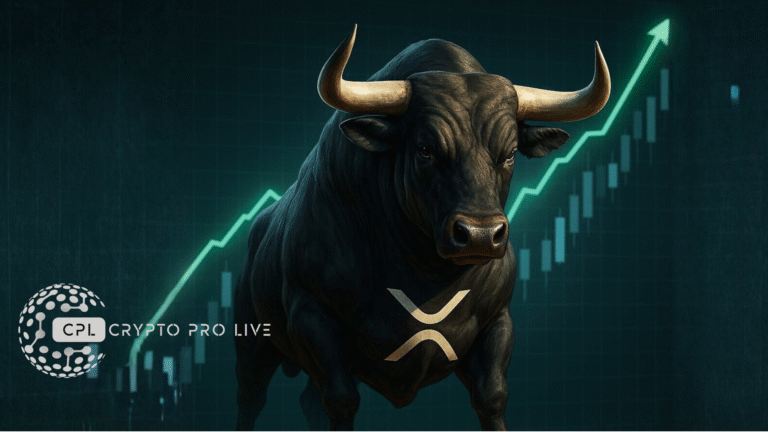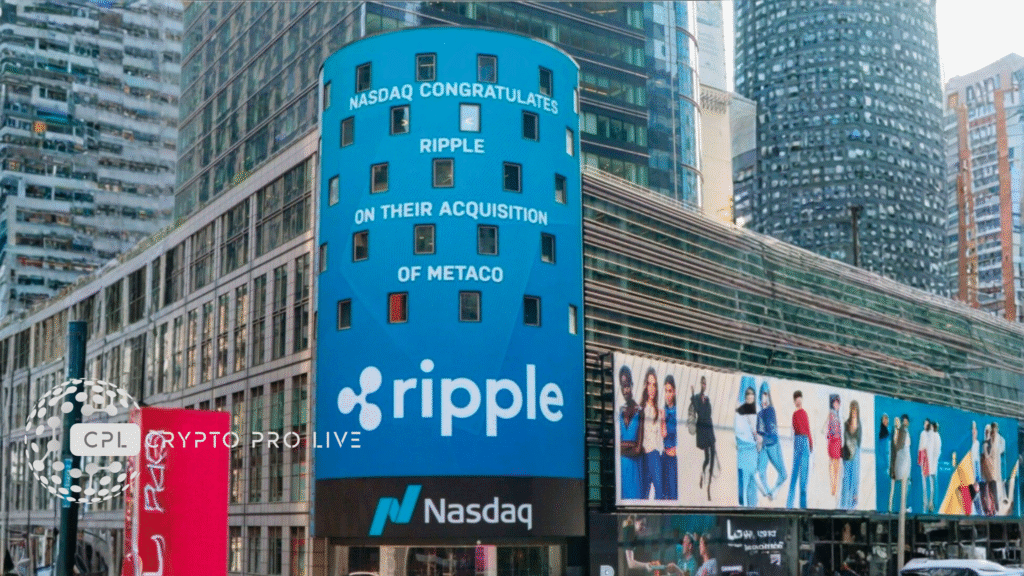The cryptocurrency market is once again in the spotlight as geopolitical tensions in Eastern Europe intensify. Russia’s growing military presence near Ukraine’s border has triggered fresh concerns, sending ripples through traditional markets and digital assets alike. As global leaders issue warnings and diplomatic talks remain uncertain, crypto investors are closely watching how this conflict could reshape the digital asset landscape.
Bitcoin’s Volatility Amid Global Uncertainty
Bitcoin (BTC), often referred to as “digital gold,” has historically reacted to major geopolitical crises, with traders using it as a hedge against traditional financial instability. However, this time, the reaction has been mixed. While some investors are moving into BTC as a safe-haven asset, others remain cautious, leading to heightened volatility.
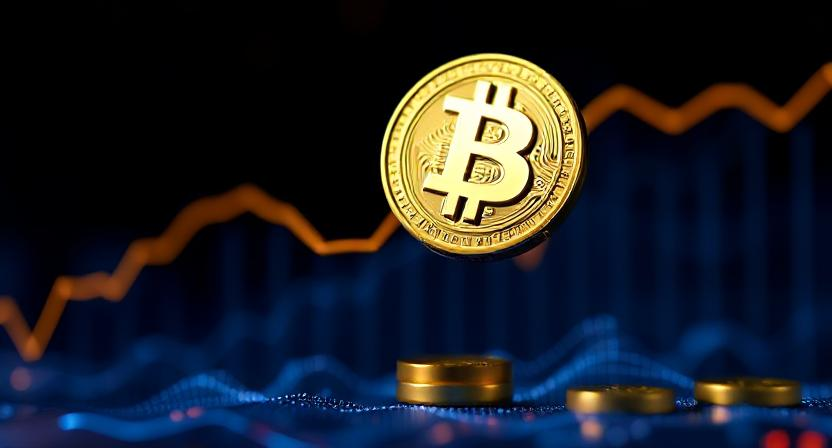
As tensions rise, the market has witnessed a surge in trading volumes across Bitcoin and stablecoins like USDT and USDC, indicating that investors are preparing for potential economic disruptions. If the situation worsens, BTC could see a flight to safety similar to what happened during past global conflicts.
Altcoins and DeFi Under Pressure
Beyond Bitcoin, the broader altcoin market has felt the pressure. Ethereum (ETH) and major Layer 1 networks such as Solana (SOL) and Avalanche (AVAX) have seen fluctuations, with traders offloading riskier assets in favor of stablecoins. Decentralized Finance (DeFi) protocols are also experiencing a slowdown, as uncertainty causes investors to rethink high-risk positions.
However, some analysts argue that prolonged tensions could accelerate crypto adoption in affected regions. In past conflicts, war-torn nations have increasingly turned to crypto as an alternative to traditional banking, especially in cases of capital controls and economic sanctions.
Could This Spark a Crypto Adoption Surge?
With financial sanctions likely to be imposed on Russia if tensions escalate, there is speculation that both individuals and institutions in the region may turn to crypto as a way to bypass restrictions. This has reignited discussions on Bitcoin’s role in geopolitical finance—will it act as a neutral, censorship-resistant asset, or will regulatory scrutiny tighten?
As the situation unfolds, crypto traders are bracing for potential price swings, while long-term holders see an opportunity for greater Bitcoin adoption. The coming weeks will be crucial in determining how deeply geopolitical conflicts impact the crypto market.


